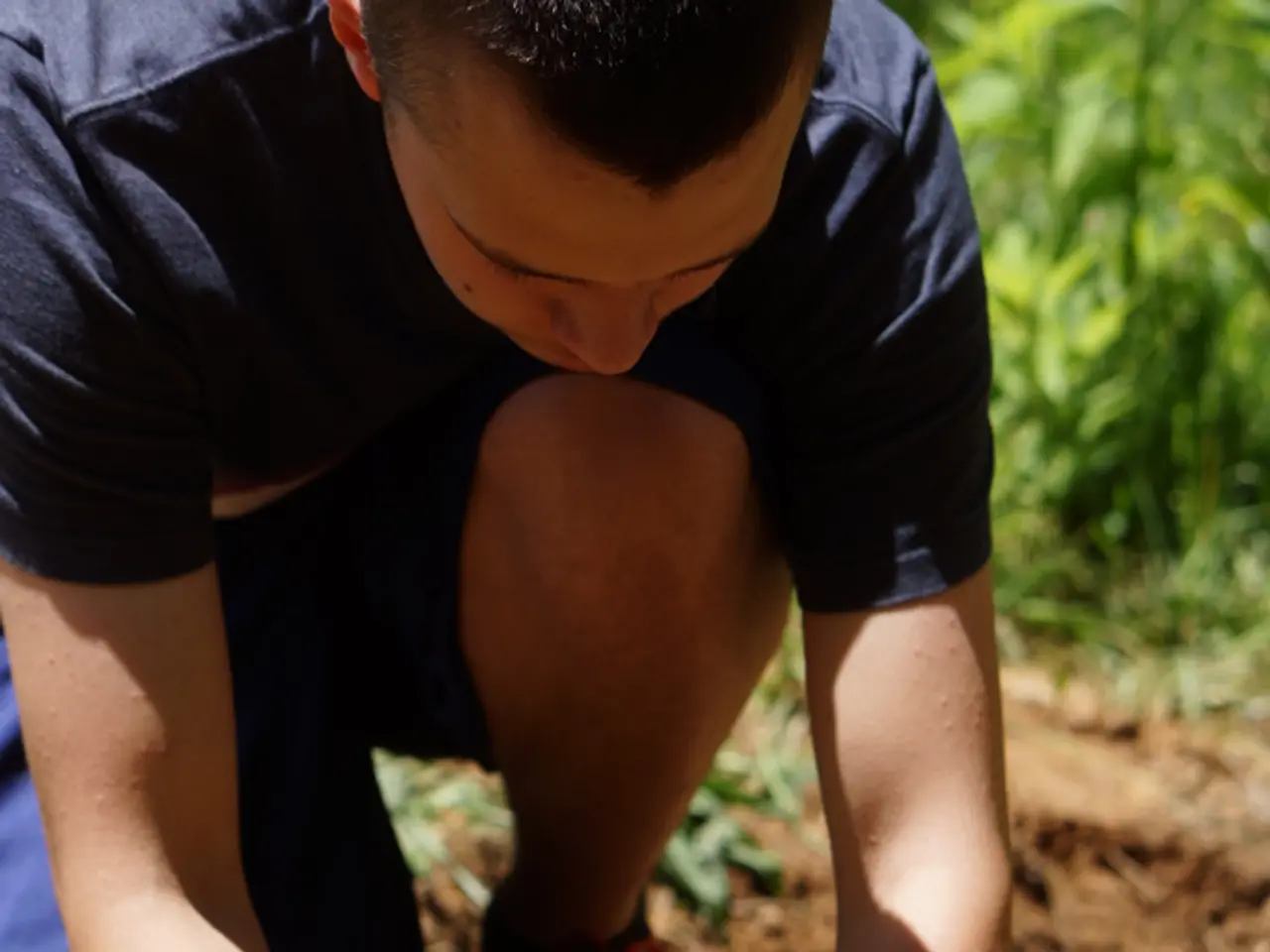Crucial Equipments for Maintaining Your Garden
Essential Garden Maintenance Tools for Organic Growth
Organic gardening requires the right tools to ensure soil health and plant vigor. Here's a list of essential gardening tools that every organic gardener should have:
- Trowel The trowel is a versatile tool used for digging, planting, and soil transfer. A trowel with a comfortable grip and sturdy construction is ideal for precision and efficiency.
- Hand Pruners (Pruning Shears) Hand pruners are essential for trimming dead or diseased plant parts to promote healthy growth. Look for sharp carbon steel blades, spring-loaded mechanisms to reduce hand fatigue, safety locks, and cushioned, non-slip handles.
- Watering Can A good watering can ensures the right amount of water is delivered to plants without causing soil erosion. Choose a can with a long spout for targeted watering, a balanced design for easy carrying, and possibly adjustable nozzles or sprinkler heads.
- Garden Gloves Garden gloves protect hands from cuts, scrapes, dirt, and thorns. Opt for durable, comfortable materials that offer good protection.
- Spade The spade is ideal for digging, moving plants, and root harvests in organic gardening, especially no-till practices. A stainless steel head, no-slip handle, serrated root cutter edge, and depth markings are valuable features.
- Multipurpose Hoe/Cultivator Tool This tool is useful for pulling back mulch, breaking up dense soil, and cultivating. Look for a tool with a stainless steel head and no-slip handle, often combining a hoe blade with a three-prong cultivator.
Tips for Choosing Tools - Prioritize ergonomics to reduce fatigue during prolonged use. - Select sharp, rust-resistant materials like carbon or stainless steel for durability and efficiency. - Consider tools designed for specific tasks to minimize soil disturbance, supporting organic no-till gardening methods.
Maintenance Tips - Clean blades after use to prevent rust and disease spread. - Sharpen cutting tools regularly for clean cuts, which help plant health. - Store tools in a dry place and use safety locks or covers where applicable. - Rinse and dry watering cans after use to prevent mold or mineral buildup.
Taking a little time each week to maintain garden tools saves time and effort in the long run. Inspecting garden tools for damage every season ensures broken tools are replaced. Regularly oiling metal parts of garden tools keeps rust away, and drying tools thoroughly after cleaning prevents rust.
These choices and practices help maintain soil health and plant vigor essential for organic garden growth. High-quality materials make gardening tasks easier and tools more resilient to tough conditions. Essential tools for beginners include a hand trowel, pruning shears, garden fork, watering can, and gloves. When selecting tools, consider what tasks will be performed in the garden. Prioritize quality and durability when buying garden tools to ensure they last long. Investing in durable tools is worthwhile to avoid constant replacements.
Organizing garden tools by grouping similar tools together, labeling sections or boxes, and hanging tools on a wall keeps them easily accessible. A multi-tool that can switch between a rake, hoe, and shovel helps tackle various gardening tasks. The watering can helps water plants without flooding them, while a good pair of pruners can perform multiple functions, including trimming, shaping, and deadheading flowers. Maintaining garden tools helps ensure they are always ready for organic growth. The right garden tools can significantly improve plant health by allowing for precise care and avoiding damage.
- To ensure high-quality organic growth in a home-and-garden lifestyle, invest in durable gardening tools such as a trowel, pruning shears, watering can, and gloves, as these are essential for beginners.
- For optimal vegetable growth in organic gardening, always choose tools designed for specific tasks that minimize soil disturbance, such as a multipurpose hoe/cultivator tool or a spade, to support no-till practices.




